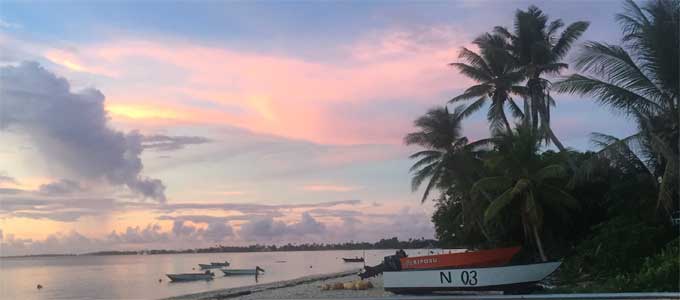Tuvalu – Renewables roadmap and feasibility studies

Client: Asian Development Bank / Tuvalu Electricity Corporation
Location: Tuvalu, Pacific
Date: 2018–2020
Exploring the feasibility of increasing sustainable renewable energy generation for remote island communities
Background
Tuvalu’s nine islands are facing urgent climate threats. To reduce its carbon footprint and boost sustainability and electricity security, the nation aims to transition from diesel-generated electricity to 100% renewables by 2025.
Solution
Entura was appointed to assess the feasibility of increasing renewable energy generation on three islands (Nukulaelae, Nukufetau, Nui) to more than 90% by adding more ground-mounted solar PV, as well as adding rooftop solar and battery energy storage to the Funafuti power system. The main island of Funafuti constitutes the majority of the country’s electrical demand. The proposed new generation and storage is estimated to increase renewable energy generation from 15 to 32 per cent, and facilitate the addition of future renewable energy.
Entura performed due diligence of social, environmental, financial, economic and technical aspects of the projects to satisfy ADB grant requirements.
Entura also prepared a ‘road map’ for Funafuti to progress towards 100 per cent clean energy. This included an assessment of technologies that would be suitable given the available resources and constraints, such as the feasibility of implementing floating solar.
Outcome
Entura’s ‘road map’ and feasibility studies confirmed the viability of these renewable energy and storage projects. Funding has been secured from the Asian Development Bank to progress the projects as part of the ‘Increasing Access to Renewable Energy Project’.
Entura has also assisted with preparation of tender documents and management of the tender process on behalf of Tuvalu Electricity Corporation to procure contractors and equipment.
The increased renewable energy generation and storage will provide sustainable, affordable and reliable electricity for the remote island communities, helping the nation reach its environmental targets.


